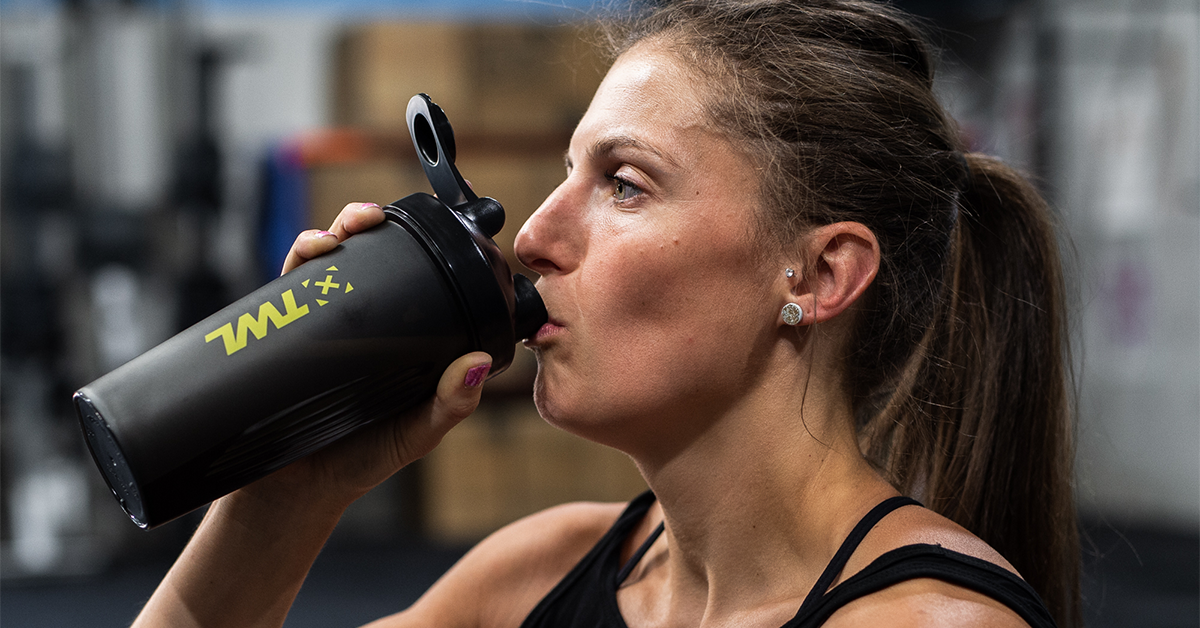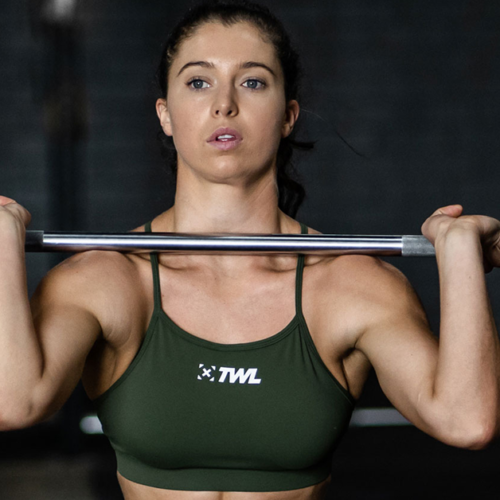When you shop for groceries, you probably look at food labels to check the expiration date, the number of servings, the list of ingredients, the number of calories even. But there’s another detail you might’ve missed. The nutritional label would’ve had Vitamin D, calcium, iron, potassium, and other vitamins and minerals listed. It’s important to know what you put in your body, and that includes these micronutrients. This is the term you use to refer to minerals and vitamins. They are vital in order for our body’s systems to do their intended jobs. But what are micronutrients, exactly, and why should you take care to get what you need?
Here’s what you should know.
What are Micronutrients?
Micronutrients, sometimes referred to as essential nutrients, are named so because the daily intake that our bodies require for these nutrients is low. They mainly facilitate the growth, development, and maintenance of our bodies.
Other things you see on nutrition labels are carbohydrates, fats, and proteins. These are called macronutrients, and they are needed in larger (“macro”) amounts because they produce the energy (calories) you need daily.
Psst! If you want to learn more about macronutrients, read our blog on flexible dieting.
Let’s focus on micronutrients. They are further divided into four categories:
- Water-soluble vitamins.
- Fat-soluble vitamins.
- Macrominerals.
- Microminerals.
As the name implies, water-soluble vitamins get dissolved in the water of our bodies, and our bodies have a lot of water — as much as 70%! Because of that, these vitamins exit the body pretty quickly, through the form of urine. So, they need to be replenished on a regular basis.
Fat-soluble vitamins, on the other hand, are not excreted as easily. They do not dissolve in water and accumulate in the liver and fatty tissues, so you don’t need to consume them daily.
Next, similar to macronutrients, macrominerals like calcium, which helps strengthen your bones and teeth, are required by the body in larger amounts.

Another mineral that is necessary for the development of bones and teeth is a trace material called fluoride. Contrary to macrominerals, your body only requires a tiny amount of trace materials (microminerals).
So, why are we telling you all of this? Simple: Micronutrients are good for your body, and your body needs them.
But… why?
Why Do You Need Micronutrients?
As we said earlier, micronutrients are called essential nutrients — because acting in tandem, they perform a multitude of functions in your body. And, importantly, you must get them through your diet, because your body can’t produce enough of them on its own.
Among the many things that they do, they aid in healing your wounds, building up your bones, and bolstering your immune system so you have a line of defense when viruses try to infiltrate your body’s systems. They also convert the food you eat into energy, and repair cells when they get damaged.
If you think about it, vitamins and minerals are kind of like peanut butter and jelly. Each is already amazing on its own, but together? Perfect.
As you probably already know, your body works 24/7. Even when you’re asleep, your blood is working to keep your heart beating. Your body is like an engine, repairing muscles, organs, and cells. It works tirelessly so you can get up every morning.
Shop Now
In order to keep up with the maintenance your body needs, there are a lot of vitamins and minerals performing different tasks and functions. Like, a lot. In fact, there are about 13 essential vitamins and roughly 16 major and trace minerals to keep up with the demands of your body.
We won’t go over the whole list, but here are a few more important micronutrients you need, and why you need them so badly.
Vitamin D
Vitamin D is both a nutrient in food and a hormone our bodies make when we’re exposed to sunlight. This micronutrient is important because one of its main functions is helping the body absorb calcium, and calcium, as we’ve discussed, is necessary if we want to have strong bones and teeth.
Not getting enough vitamin D can cause muscle weakness, pain, fatigue, depression, and it can put you at risk of getting heart diseases, high blood pressure, and diabetes. Some dietary sources rich in vitamin D are fatty fish, red meat, liver, and fortified dairy products.
Also, be sure to spend a little time out in the sunlight each day, if possible.
Iron
Iron is an essential mineral that your body needs for growth, development, and blood production. Your body uses iron to make hemoglobin (which is a protein in red blood cells that carries oxygen from the lungs to the rest of your body), and myoglobin, another protein that supplies oxygen to your muscles.
Iron deficiency is not uncommon. When was the last time you got a dizzy spell after standing up? Lack of iron usually manifests in symptoms such as extreme fatigue, lack of energy, brittle nails, and problems with concentration and memory. People with iron deficiency anemia can’t as easily fight off germs and infections, exercise, and control their body temperature.
You can usually prevent iron deficiency anemia with iron supplements. Additionally, you can also consume iron-rich foods such as liver, spinach, red meat, turkey, tofu, and fish.
Vitamin C
While you shouldn’t rely on it completely to help you fight colds and other illnesses, research has found that vitamin C is still important for bone health, wound healing, recovery from burns, and the absorption of iron. It’s a known antioxidant, counteracting chemicals that can harm your cells.
Severe vitamin C deficiency is extremely uncommon. However, if you find yourself getting too little vitamin C, you may still experience symptoms including fatigue, depression, and connective tissue diseases like rashes, internal bleeding, and impaired wound healing.
Consuming foods rich in vitamin C can help stave off these symptoms. These include citrus fruits, broccoli, tomatoes, green peppers, strawberries, and potatoes.
Now that you know what micronutrients are and why you need them, you can start incorporating more of them into your diet! It can be hard to get everything you need from food. Shop our selection of nutrition supplements today.

















